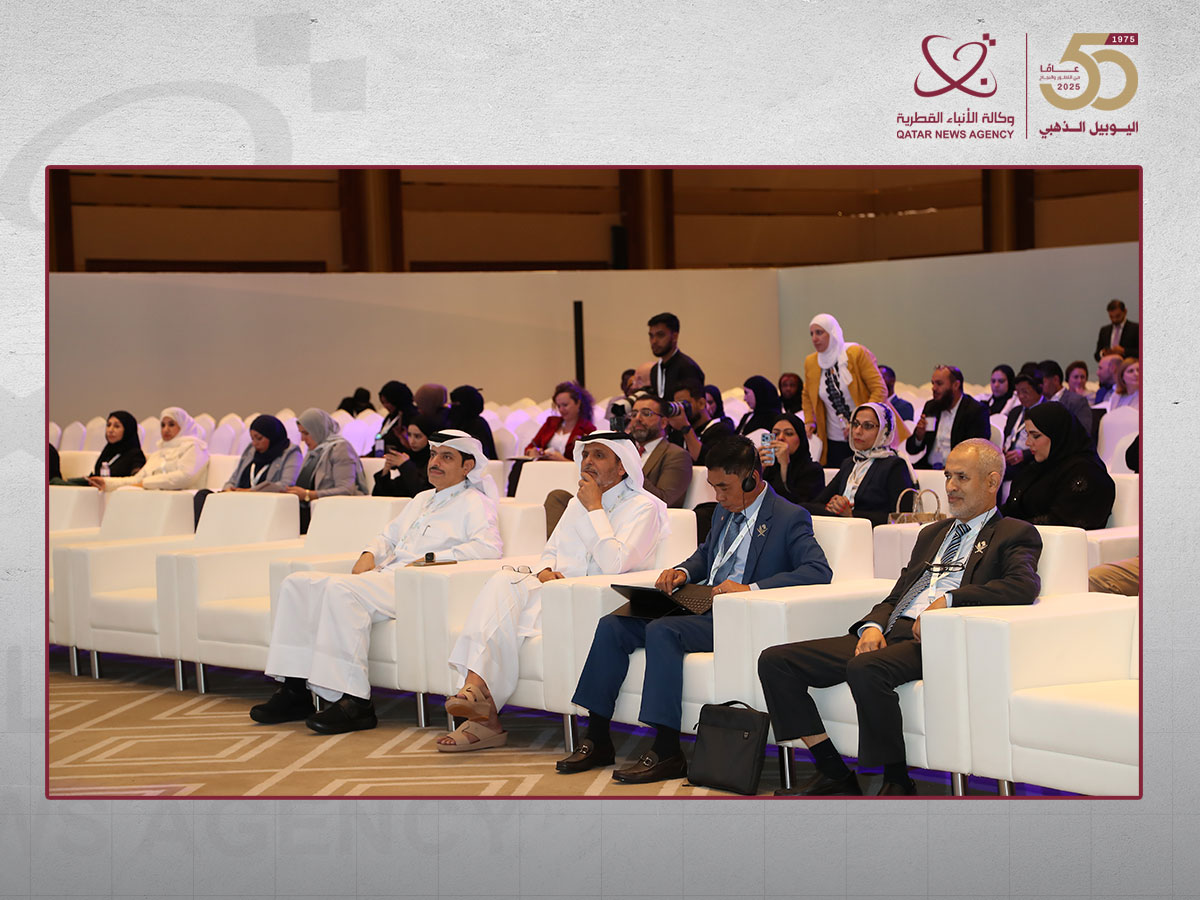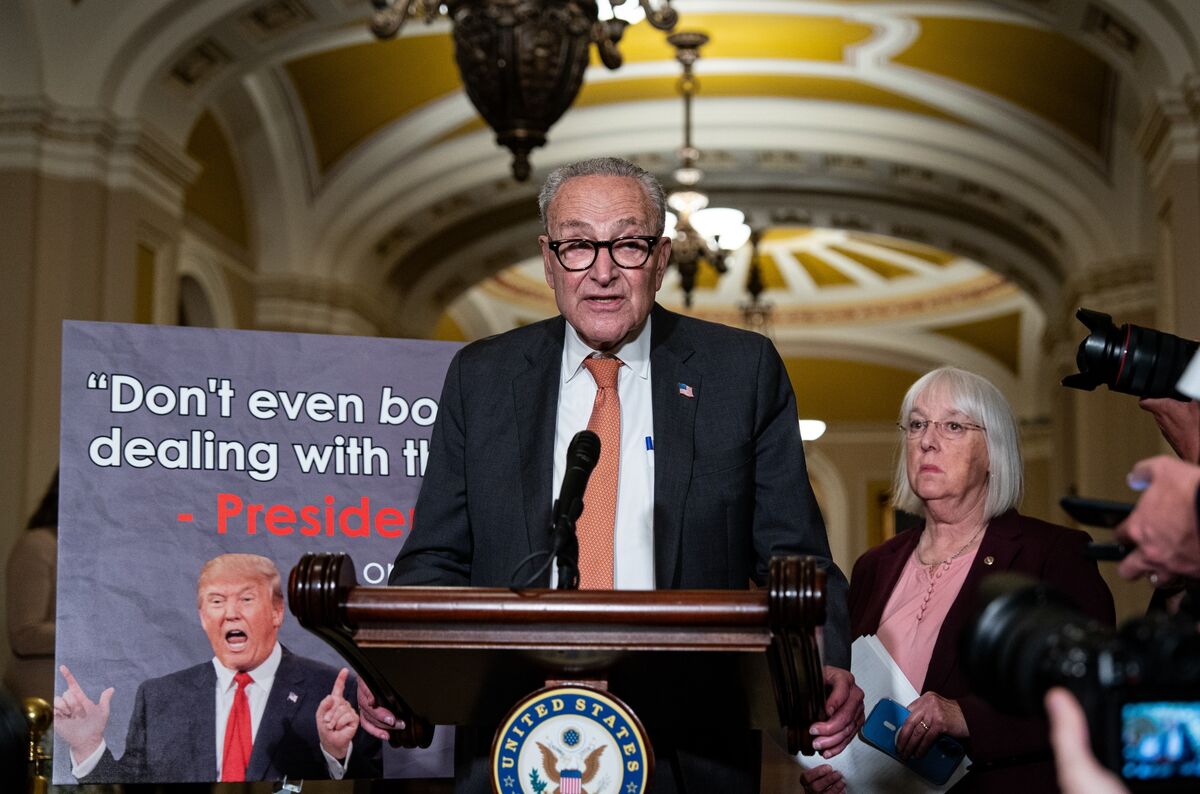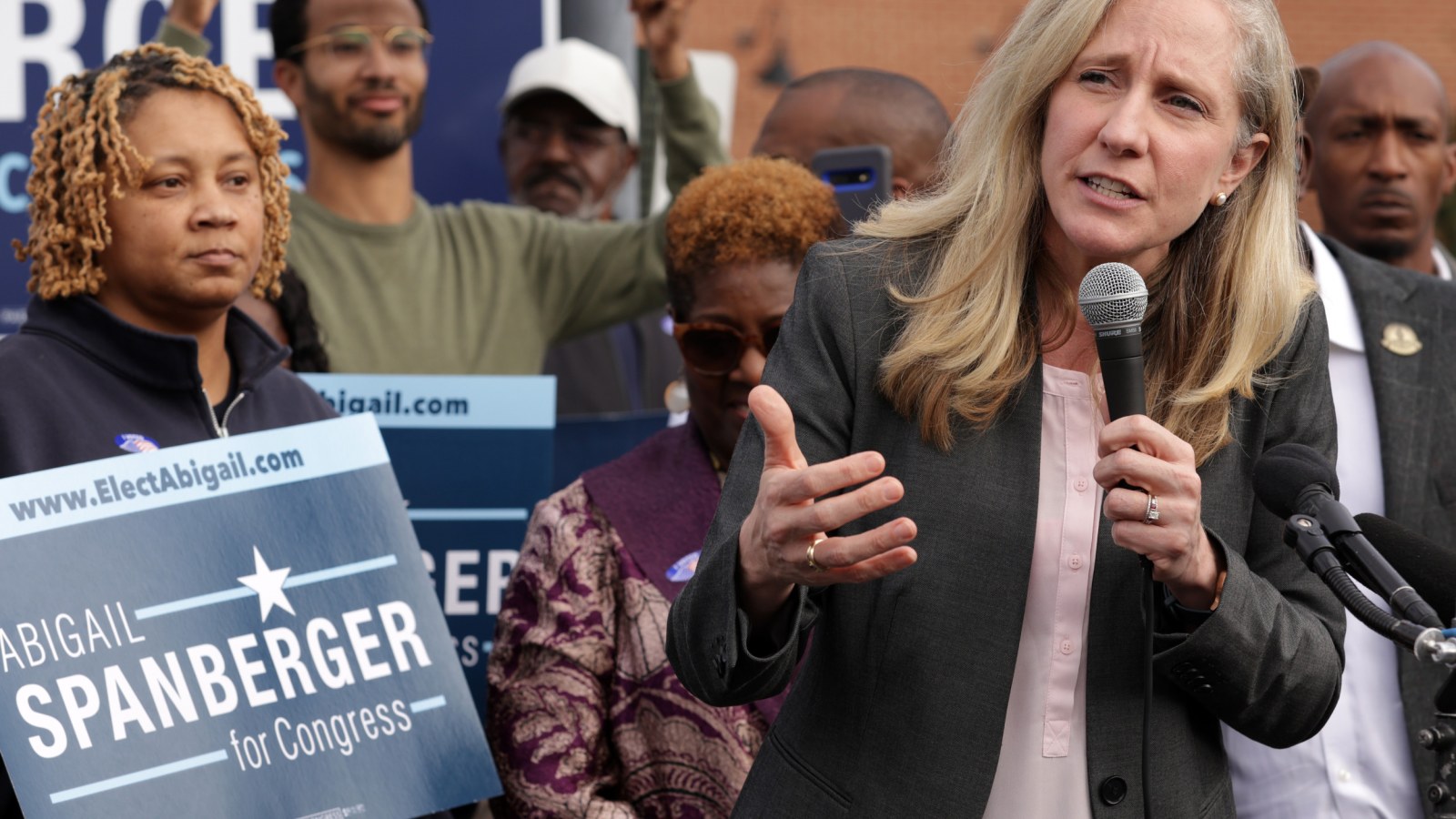Global Mental Health Ministerial Summit Reviews Regional Success Stories in Advancing Mental Health Services

Doha, October 01 (QNA) – A plenary session at the 6th Global Mental Health Ministerial Summit, hosted by the State of Qatar, cast a spotlight on successful regional experiences in developing mental health services at a time when the Eastern Mediterranean Region faces mounting challenges stemming from conflicts and humanitarian crises.
Regional Director of the World Health Organization (WHO) for the Eastern Mediterranean, Dr. Hanan H. Balkhy, underscored that the region, comprising 22 countries with a population of more than 750 million, witnesses the world’s largest concentration of armed conflicts and displacement, with nearly 110 million people in need of humanitarian assistance, while 57 percent of the world’s refugees originate from the region.
Over 28 million people require mental health and psychosocial support (MHPSS) services, yet the mental health workforce stands at just 4.7 per 100,000 population, compared with the global average of 13.5, she explained.
She added that nine countries in the region are classified as fragile or conflict-affected, noting that attacks on healthcare facilities have reached unprecedented levels.
Dr. Balkhy emphasized that the prevalence of mental disorders remains high, with one in six individuals living with a preventable psychiatric condition, while only 62 percent of national health policies are aligned with international human rights instruments.
Still, she pointed to positive indicators, including a 30 percent decline in the regional suicide rate since 2000, and an increase in the number of countries adopting national mental health plans, from 78 percent in 2017 to 81 percent in 2024, alongside the expanded integration of mental health into primary care.
Dr. Sazgar Abdullah Hamad, Consultant Psychiatrist at Hamad Medical Corporation, highlighted Qatar’s experience in launching the National Mental Health Helpline during the COVID-19 pandemic. The hotline, which receives about 15,000 calls annually, provides multilingual services to people aged 13 to 65, with a particular focus on women and substance use disorders.
She stressed that the helpline has helped reduce the need for emergency visits and lower hospital readmission rates.
For his part, HE Minister of Health of the Islamic Republic of Pakistan, Dr. Mokhtar Ahmed Malik, noted that his country had, for the first time, included mental health and addiction services in its essential national health services package, with implementation underway at both national and sub-national levels.
He pointed to efforts to train healthcare workers to recognize mental disorders and provide early intervention, in addition to school-based screening programs such as the Helping Adolescents Thrive project.
HE Deputy Minister of Public Health of Iran, Ali Reza Raeisi, outlined his country’s implementation of the “Seraj” Mental Health and Social Well-Being Program, aimed at integrating services into primary care and establishing community mental health centers.
He noted that Iran had established more than 100 such centers by 2025, with plans to expand to 300 nationwide.
As part of the Ministerial Summit, a high-level session was held with the participation of ministers and heads of international organizations. It discussed mechanisms to translate the summit’s six workshops into actionable policies, focusing on six priority areas, namely digital transformation, substance use, service accessibility, child and adolescent mental health, crisis intervention, and combating mental health stigma.
The session featured an exchange of national experiences and reaffirmed the importance of forging partnerships between governments, international organizations, and civil society to ensure the sustainability of interventions, anchoring Doha’s role as a global platform for advancing mental health and building systems that are more resilient and responsive to future challenges. (QNA)



